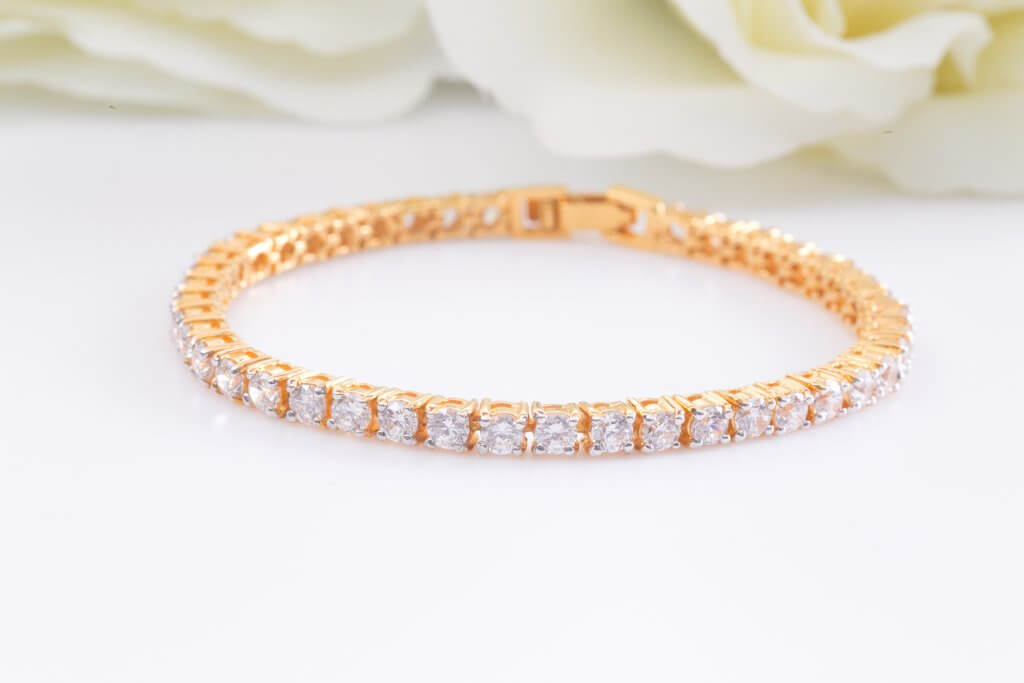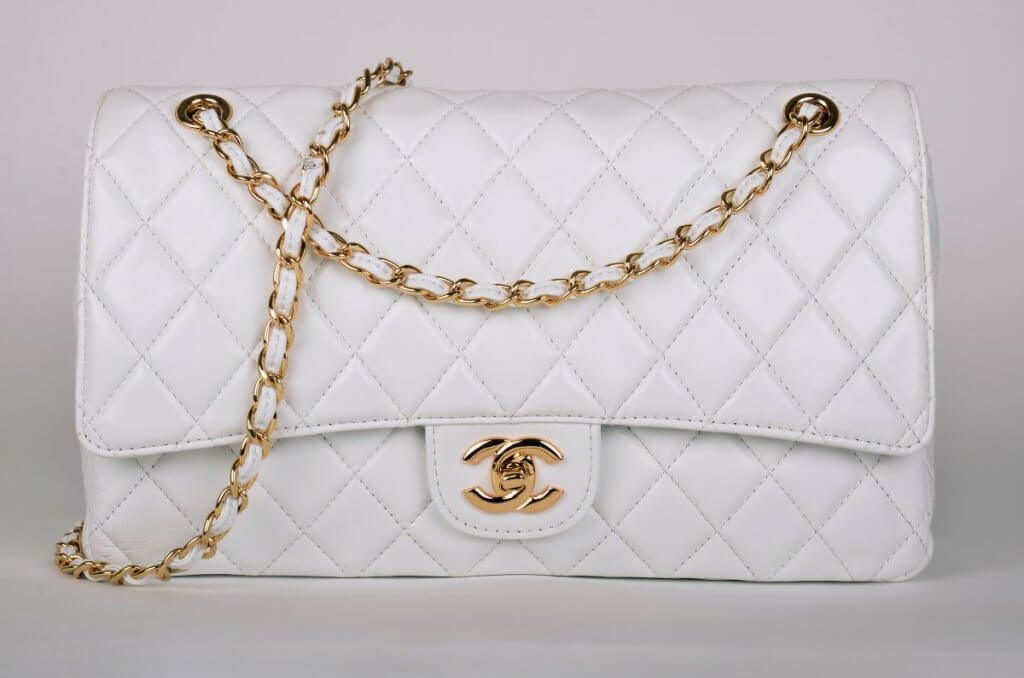When it comes to parting with luxury goods, many individuals face a quandary: should they pawn their items or sell them outright? The answer is not always straightforward and can depend on various factors, including the individual’s financial situation, the type of items they possess, and their personal preferences. In this article, we will delve into the pros and cons of pawning versus selling, explore legal considerations, provide tips for maximizing returns, and share real-life experiences from those who have navigated this decision.
Pros and Cons: Pawning Your Luxury Goods

Pawning can be an attractive option for individuals who need quick cash without selling their beloved items permanently. However, it’s essential to weigh the pros and cons before making a decision.
Pros of Pawning
One of the primary advantages of pawning your luxury goods is the speed of the transaction. Unlike selling, which may involve a long waiting period to find a buyer, pawning allows individuals to secure a loan quickly. This immediacy can be a lifesaver in emergencies, such as unexpected medical bills or urgent home repairs, where time is of the essence.
Additionally, pawning offers the chance to retrieve your items if you pay back the loan within the agreed-upon period. This can be especially important for items that hold sentimental value. For instance, a family heirloom or a luxury watch gifted by a loved one can be temporarily exchanged for cash, allowing you to address your financial needs while retaining the option to reclaim these cherished possessions later.
Cons of Pawning
On the downside, pawnshops often provide only a fraction of the actual value of luxury goods. This means that while you may get immediate cash, the return may not reflect the item’s true worth. Additionally, interest rates on pawn loans can be quite high, which can lead to a situation where the total repayment amount exceeds the initial loan, making it a costly option if you need to extend the loan period.
Furthermore, the experience at a pawnshop can vary significantly depending on the location and the staff’s expertise. Some may have a more favorable view of luxury items, while others might not recognize their value, leading to potentially unfavorable offers. It’s also worth noting that the reputation of the pawnshop can influence the overall experience; a well-established shop may provide better customer service and fairer evaluations than a lesser-known establishment. Therefore, doing thorough research and reading reviews can help ensure a more positive pawning experience.
Legal Considerations in Pawning and Selling
Whether choosing to pawn or sell luxury goods, understanding the legal implications is crucial. Different jurisdictions have varying laws regarding pawning and selling valuable items.
Pawning Regulations
Pawnshops are regulated businesses, and they must comply with local laws concerning the lending of money against collateral. This may include having certain licenses and following specific procedures in handling items. In many areas, pawnshops will require identification, and it may be essential to keep records of the transaction for your own protection.
Moreover, pawnshops often have to adhere to strict guidelines on how long they must hold items before they can be sold. This is to ensure that the original owner has a fair chance to reclaim their item after repaying the loan. Additionally, some states mandate that pawnshops must report their transactions to law enforcement agencies to help combat theft and ensure that stolen goods are not being sold or pawned. Understanding these regulations can help you navigate the pawning process more effectively and protect your rights.
Selling Regulations
On the other hand, selling luxury items can also involve legal considerations. If you plan to sell valuable goods online, for example, you must adhere to consumer protection laws and report income if it exceeds a certain threshold. Additionally, if you’re selling items from a high-end brand, it’s essential to be aware of any copyright or trademark laws that may apply.
Furthermore, when selling luxury goods, especially through platforms like eBay or specialized luxury consignment sites, sellers are often required to provide proof of authenticity. This can include receipts, certificates of authenticity, or appraisals from recognized experts. Failure to provide such documentation could lead to disputes with buyers or even legal action if the item is misrepresented. It’s also wise to familiarize yourself with the terms and conditions of the selling platform, as they may have specific rules regarding returns, refunds, and seller responsibilities that could impact your transaction.
Failing to comply with these regulations can result in fines or other legal consequences, making it essential to research the specific laws in your area before proceeding with either option.
Tips for Maximizing Your Return on Luxury Items

Maximizing the return on luxury items requires a strategic approach, regardless of whether you decide to pawn or sell. Here are some tips to help you get the best possible return on your investment.
Research and Preparation
Before engaging with a pawnshop or potential buyer, do thorough research on the items you wish to part with. Understanding the market value can help you negotiate more effectively and avoid underselling your goods.
Furthermore, consider cleaning and restoring your items to enhance their appeal. A well-presented luxury item is more likely to attract buyers or offer a better return at a pawnshop. Pay attention to details such as scratches, tarnishes, or any signs of wear that can detract from the item’s value. Investing a little time and effort into polishing or repairing can significantly increase the item’s allure and perceived worth.
Explore Multiple Options
Don’t settle for the first offer you receive. Visit several pawnshops and online platforms to compare offers. This research will provide valuable insights into the potential value of your items and allow you to make an informed decision.
If you choose to sell online, consider utilizing social media platforms, auction sites, or specialized marketplaces designed for luxury goods. Each method may yield different results based on the audience and market demand. For instance, platforms like Instagram and Facebook can help you reach a broader audience, while auction sites can create a competitive bidding environment that might drive the price higher. Additionally, take high-quality photographs that showcase your items in the best light, as visuals play a crucial role in attracting potential buyers.
Moreover, don’t underestimate the power of storytelling when selling luxury items. Providing potential buyers with the history or unique features of the item can create an emotional connection and enhance its perceived value. Whether it’s a designer handbag with a fascinating backstory or a vintage watch with a rich heritage, sharing these narratives can make your items more desirable and justify a higher asking price.
Real-Life Experiences: Stories from Pawners and Sellers

Hearing the experiences of others can provide valuable lessons and insights into the decision-making process. Here are a few real-life accounts from individuals who have pawed and sold luxury items.
Story One: The Quick Cash Solution
One individual shared their experience of pawning a high-end watch. They needed quick cash for an unexpected expense and opted for a local pawn shop. Although they received much less than they originally paid for the watch, they appreciated the speed of the transaction and were able to retrieve the item a month later after repaying the loan.
Story Two: The Successful Sale
In contrast, another person decided to sell their designer handbag. After researching its value, they chose to list it on a luxury consignment website. Within days, they received multiple offers and ultimately sold the bag for a price that exceeded their expectations, emphasizing the importance of patience in selling luxury items.
These stories highlight that while pawning can be a quick solution, selling can often yield better financial returns if time permits.
Smyrna Pawn, with a trusted location in Dallas, GA, is a pawn shop you can rely on for selling or pawning luxury goods. Their team of experts is dedicated to helping customers navigate the process with confidence, ensuring you get the best value for your high-end items. Whether you’re looking to sell outright or pawn for a short-term loan, Smyrna Pawn provides the guidance you need to make informed decisions.
Deciding between pawning and selling luxury goods is a multifaceted decision that depends on your unique circumstances. Pawning offers the option to reclaim your item after repaying the loan, while selling provides immediate cash with no future obligations. Understanding the pros and cons of each option can help you determine the best approach for your needs, especially when working with a trusted pawn shop like Smyrna Pawn.
By weighing your choices carefully, considering legal requirements, and focusing on strategies to maximize returns, you can make the most of your valuable items. At Smyrna Pawn, their knowledgeable staff ensures a smooth and transparent process, giving you peace of mind whether you choose to pawn or sell. Trust their expertise to help you achieve the best outcome for your luxury goods.
